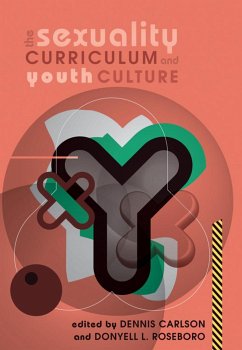
Keeping the Promise
Essays on Leadership, Democracy, and Education
Herausgegeben: Carlson, Dennis; Gause, C.P.
Versandkostenfrei!
Versandfertig in 6-10 Tagen
44,45 €
inkl. MwSt.

PAYBACK Punkte
0 °P sammeln!
This volume raises critical questions about the qualities of democratic educational leadership during a time when the promise of democratic education and public life risks being abandoned, forgotten, and emptied of meaning. A diverse chorus of scholars in education take on this issue by analyzing the cultural context of educational leadership in the age of No Child Left Behind, by offering democratic counter-narratives of educational leadership, and by deconstructing popular culture representations of educational leaders. In doing so, they re-situate leadership within a political context and l...
This volume raises critical questions about the qualities of democratic educational leadership during a time when the promise of democratic education and public life risks being abandoned, forgotten, and emptied of meaning. A diverse chorus of scholars in education take on this issue by analyzing the cultural context of educational leadership in the age of No Child Left Behind, by offering democratic counter-narratives of educational leadership, and by deconstructing popular culture representations of educational leaders. In doing so, they re-situate leadership within a political context and link it to struggles over social justice and human freedom. The contributing scholars also radically re-think educational leadership in ways that include teachers, university-based educators, and scholars as leaders.














